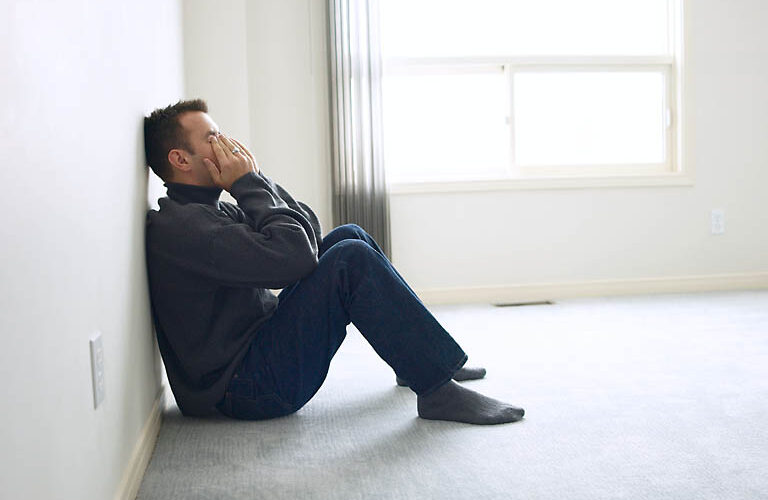Coping with Sexual Violence (Carrie Sinkowski, @CSinkowski)
As a woman, I have always known that I am vulnerable to experiences of sexual violence. Fairy tales, warnings from my parents, story lines in movies and news stories have fed me that reality. Living with this reality is a perverse form of validation for female survivors of sexual violence. They know they are not alone. They still often feel alone in their feelings, their coping methods, or the situation of their experience(s) but they do not need to be told that other women are raped. Society has reinforced that time and time again through socializing and in media messages.
Men do not grow up with those same messages. In fairy tales they are portrayed as brave knights or powerful villains. There is no room for vulnerability or recovery from victimization in either of these roles.
Many people would think that is a non-issue because men are not at the same level of risk of sexual violence as women. Speaking broadly this is true. The level of risk is not the same in the adult context though that is not to say there is no risk. But when it comes to level of risk for children, boys are at risk of sexual violence, in numbers far greater than most have ever imagined. And by not acknowledging this we create a culture of silence. I have noticed over the years that when men have disclosed their past experiences of sexual violence they frame it as an isolated incident. Their feelings tend to be that what happened to them was unique and no other man has ever experienced anything like it or if they have the incidence must be very low. You can see feeling of relief come over male survivors when I share with them the statistic that one in six men is a survivor of sexual violence. In addition, I have talked with many men who were reluctant to disclose their experience because of what the media has implied about male survivors. Many people have internalized the myth that all male children who are sexually abused become pedophiles as adults. The vast majority of male survivors know at a deep level that they would do anything rather than risk passing on abuse that they suffered so the tacit implication is more than they can stand. They are so desperate not to be seen as perpetrators that many men bury their experiences, emotions, and stories deep inside themselves. The truth of the matter is that for every hundred boys who is sexually abused as a child, only ten become pedophiles. Where the misconception has come from is that for every hundred pedophiles only ten were NOT abused as children. Society has misrepresented the correlation between pedophilia and childhood trauma forcing many men to deal with their trauma privately and not seek help.
The Sexual Assault Centre of Brant provides a Male Survivors’ Program in partnership with Brantford Native Housing and Grand River Community Health Centre. We are so happy to offer men a place to process their experiences and feelings, and even more importantly to give them validation that they are not alone and there are people in the community who want to help them.
I do not know how possible this program would have been ten to fifteen years ago.
I have noted recently when I do presentations, trainings, and workshops that people seldom question me when I say men can be survivors. Whereas 12 years ago, when I first started working in Brantford, people did question the validity of my statements and statistics in regards to men. There has been a huge shift in the last decade of becoming a more welcoming, supportive community for ALL survivors. It is not perfect, obviously, because sexual violence still exists, but at least it is not stagnant and there is movement forward. Like the parallel programs for women, the Centre provides supportive, accessible services. All counselling is free and is confidential, and paced as the survivor needs it to be. Some men accessing the program were abused a long time ago, for others it was a more recent experience. We like to remind the community that it is important to remember that when someone discloses to you that they have experienced sexual violence at any point in their life that you listen, you acknowledge their feelings and the courage it took to share, and that you do not make promises or make them do something that they are not comfortable with no matter how kind you mean it to be for them. Pushing someone to report to police or to go to counselling if they are not ready, though it is rooted in kindness, takes away control from the survivor.
It is best to offer support and let them know that there are places in the community that can help them when they are ready. It could be the hardest thing you ever do, to resist the urge to jump in and rescue them. If you want to be able to support someone in that situation try saying: “I am glad you told me. What happened wasn’t your fault. When you are ready to get help, I know a number you can call.”
The Sexual Assault Centre can be reached 24 hours a day at 519.751.3471
